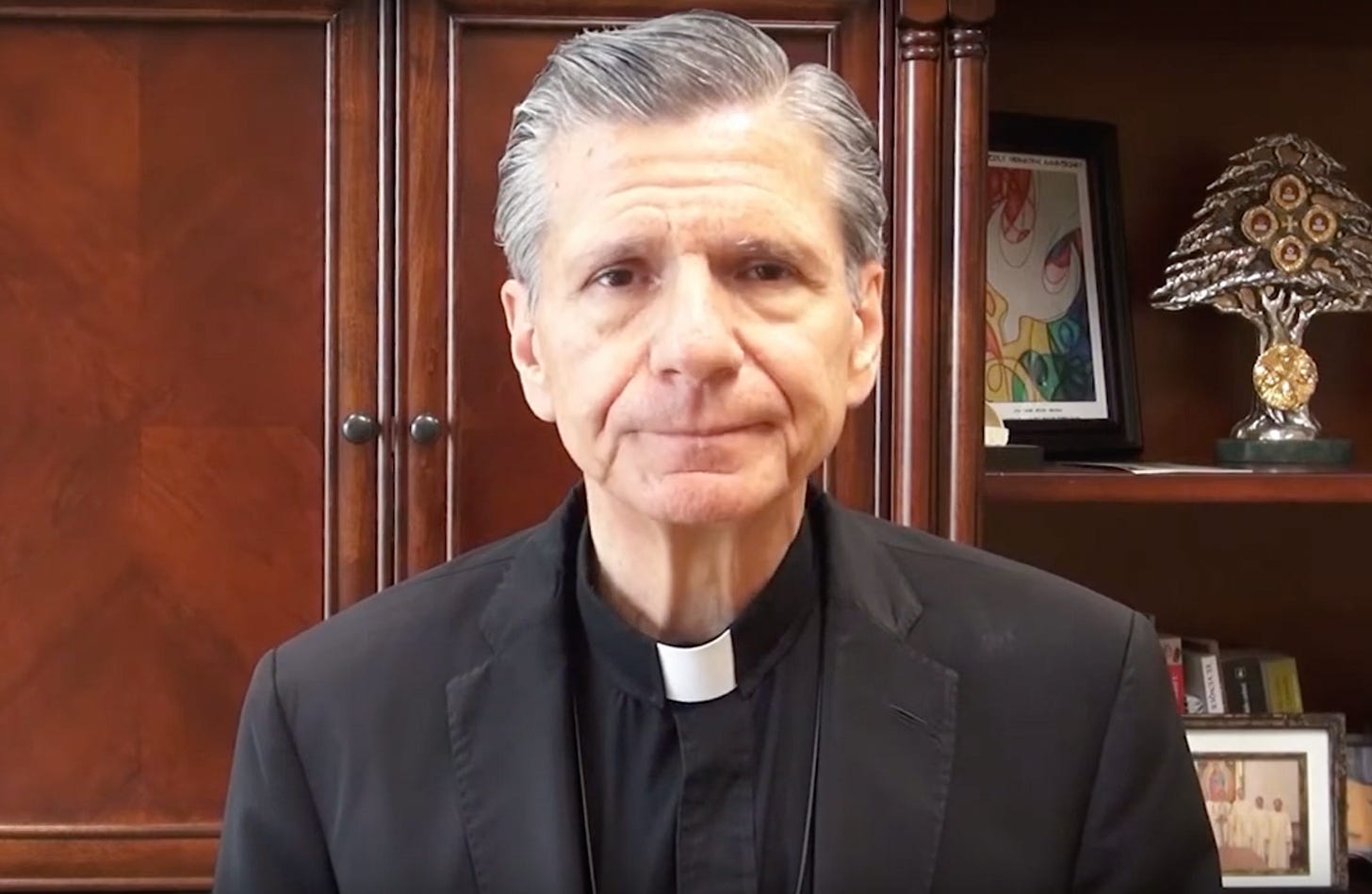After ‘Jewish’ accusations, San Antonio says archbishop's Twitter is ‘personal account’
Archbishop Gustavo García-Siller has a history of controversial tweets
The Archdiocese of San Antonio has distanced itself from statements made on twitter.com by Archbishop Gustavo García-Siller about the conflict in the Middle East.
In a series of seven consecutive social media posts on May 7, the archbishop criticized the ongoing Israeli milita…

